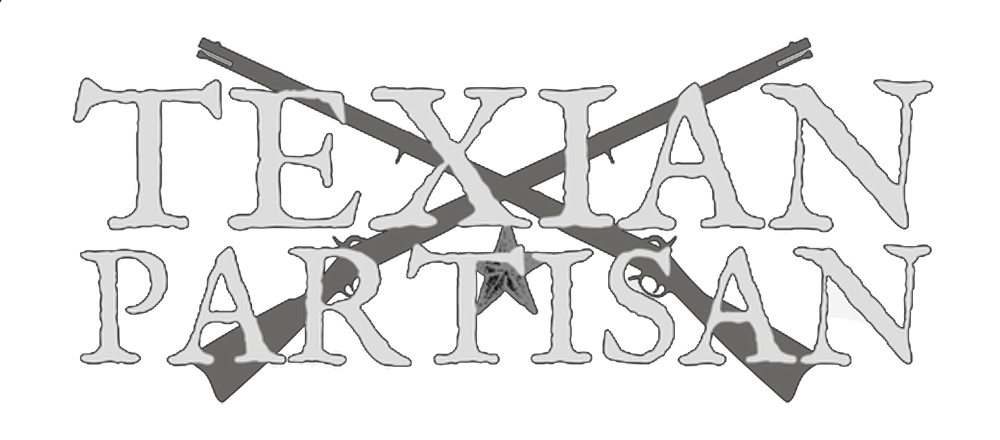Chismar from our Coffee Talk livestream asked a direct question that gets to the heart of Texas sovereignty: “What is Texas’s legal stance on Sharia courts, and how would Texas sovereignty address their existence?”
The answer reveals exactly why Texas needs independence from a federal system that has created this legal mess in the first place.
The Current Texas Position: Handcuffed by Federal Law
Texas law is crystal clear: no parallel legal systems can operate with governmental authority within our borders. The Texas Constitution explicitly forbids any courts outside our recognized judiciary from issuing legally binding decisions.
Yet these tribunals continue operating because of federal interference. The Dallas Islamic Tribunal has operated since 2014, offering what they call “mediation and arbitration” services. While they claim their decisions are “non-binding,” the very existence of parallel judicial structures undermines Texas legal sovereignty.
Governor Abbott recently called for criminal investigations into these entities, but Texas officials must navigate carefully around federal protections. This creates an impossible situation where Texas knows what needs to be done but cannot act decisively.
The Federal Protection Racket
Here’s what most Texans don’t understand: these tribunals exist primarily because federal law protects them under religious arbitration statutes. The precedent comes from a 1990s ruling during the Republic of Texas movement, when Attorney General Dan Morales established that alternative courts could operate if all parties voluntarily agreed to their jurisdiction.
This federal framework forces Texas into a bind. Any entity can claim religious arbitration protection, effectively creating parallel legal systems that operate outside Texas authority. The federal government has essentially legalized the balkanization of our legal system.
International Precedents Show the Path Forward
Independent nations handle this issue decisively. Tunisia abolished all Sharia courts in 1956, establishing exclusive secular legal jurisdiction. Even Canada ultimately banned religious arbitration in family law after public opposition to Islamic tribunals.
The United Kingdom allows Islamic tribunals under their arbitration laws, but these operate as private mediation services with no governmental authority. The key difference: independent nations can establish clear boundaries.
Texas Sovereignty: The Constitutional Solution
Under Texas independence, this problem disappears overnight. An independent Texas would constitutionally establish exclusive legal jurisdiction over all disputes within our borders. No federal interference. No parallel court systems. No ambiguous arbitration loopholes.
The mechanism is straightforward: Texas would criminalize any entity impersonating courts or claiming governmental judicial authority. Religious communities could still conduct private mediation, but these would be clearly defined as non-binding counseling services, not alternative legal systems.
This isn’t about targeting any particular religion. Jewish Beth Din courts, Catholic canonical courts, and Islamic tribunals would all operate under the same rules: private religious counseling only, with no legal authority.
The Principle: One Law, One Court System
Constitutional republicanism requires exclusive governmental authority over legal disputes. When multiple court systems claim jurisdiction over the same territory, you don’t have a nation—you have competing legal authorities that inevitably conflict.
Texas independence would eliminate this problem by reestablishing the fundamental principle that all legal disputes must be decided by Texas courts under Texas law. Religious arbitration would remain available as private mediation, but without any claim to governmental authority.
The Bottom Line
Chismar’s question exposes a core weakness in the current federal system: Texas cannot fully control its own legal jurisdiction. We’re forced to accept parallel court systems because federal law protects them, creating exactly the kind of legal balkanization that undermines national sovereignty.
Texas independence solves this by restoring exclusive legal jurisdiction to Texas courts. No parallel systems. No federal interference. No ambiguous arbitration schemes that blur the line between private mediation and governmental authority.
This is what real sovereignty looks like: the power to establish and enforce your own legal system without federal interference. Until Texas achieves independence, we’ll continue navigating these federal landmines while parallel court systems operate in our midst.


